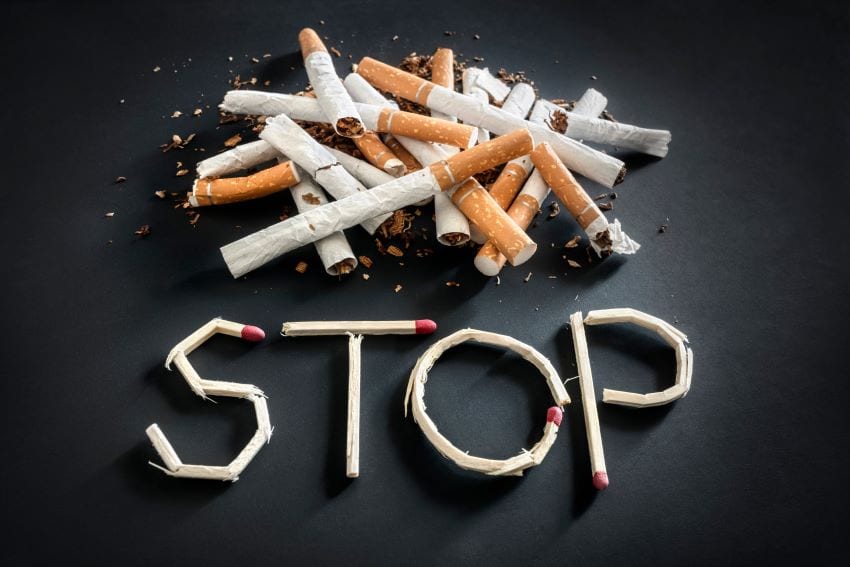
Every year, World No Tobacco Day is recognised on May 31. World Health Organization (WHO) released the theme for 2022 as: Protect the Environment – Tobacco is killing us and our planet.
While drug prevention educators are encouraged to continue to share information on the harmful effects of tobacco use on the individual, WHO wants organisations to also highlight the impact of the tobacco industry and their by-products on the environment.
Tobacco is a plant whose leaves are dried and processed to be consumed in various ways. Some forms of tobacco are cigarettes, fanta (dried brown leaves), cigars, bidis, kreteks, electronic nicotine delivery systems, chewing tobacco, and snuff. Tobacco contains over 600 ingredients including tar, carbon monoxide, formaldehyde, and nicotine. Nicotine is the drug that causes the user to be addicted to the product.
Moreover, when tobacco is lit, the smoke contains 7,000 toxic chemicals with 69 of those chemicals known to cause cancer. Smoking is known to cause cancers of the lung, mouth, tongue, and throat. It also causes heart disease, stroke, and weakens the immune system.
An author stated that the tobacco epidemic is one of the world’s biggest public health threats ever faced. Why? Because tobacco kills more than eight million people a year around the world, with 1.2 million being non-smokers who were exposed to second-hand smoke (World Health Organization).
Second-hand smoke is the smoke-cloud exhaled by a user, while the smoke coming directly from the lit cigarette is side stream.
It is reported by the World Health Organization that “tobacco growing, manufacturing, and the use of tobacco poison our water, soil, beaches and city streets with chemicals, toxic waste, cigarette butts, including microplastics, and e-cigarette waste.
They also reported that the tobacco industry has contributed to over 600,000,000 trees being cut down to make cigarettes and 84,000,000 tonnes of carbon dioxide is released in the air contributing to global warming.
No wonder Barbados has taken the position to protect its citizens and visitors through the Health Services (Smoking) Regulations, 2017 which protect minors from using, selling, or being sold tobacco products; prohibit smoking in public places; and regulate the packaging and labelling of tobacco products.
